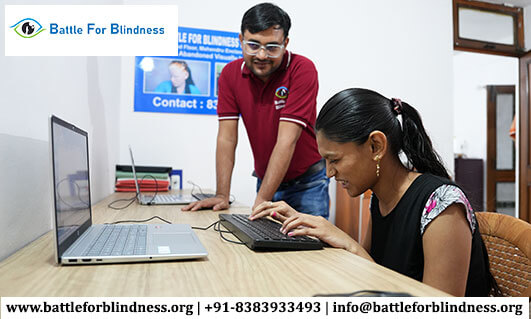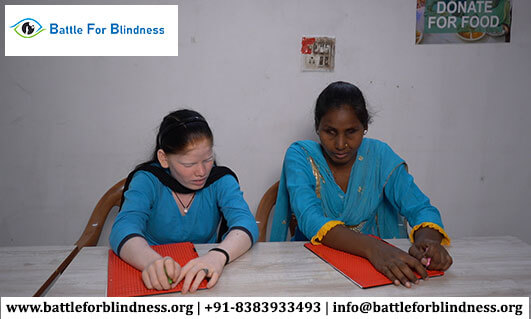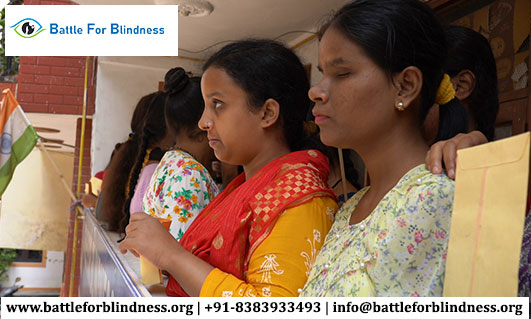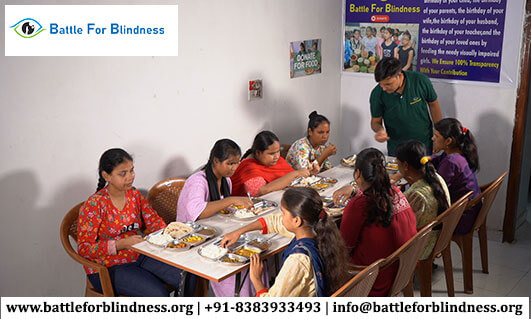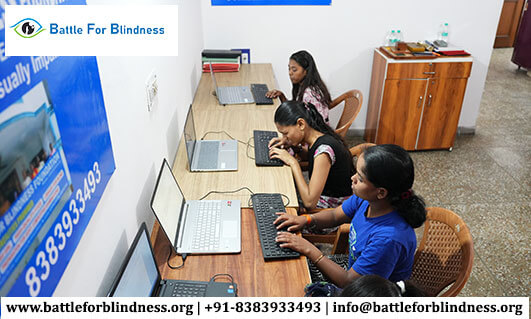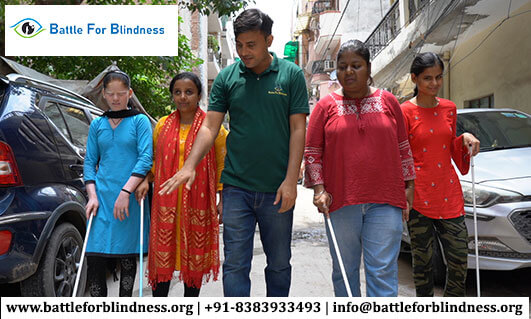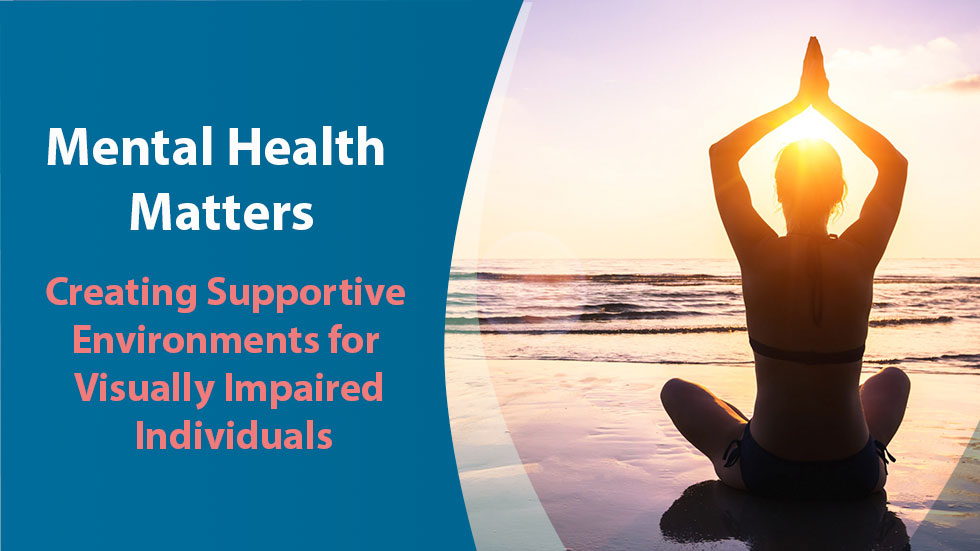
Mental wellness is a crucial aspect of overall health, and for visually impaired individuals, addressing psychological needs is particularly important. Navigating daily life with a visual impairment can present unique challenges that impact mental health, making it essential to focus on support strategies and resources tailored to these needs. Here’s a comprehensive look at how to address the psychological needs of visually impaired individuals and foster a supportive environment.
1. Understanding the Psychological Impact
Emotional Challenges: Visually impaired individuals may experience a range of emotional challenges, including anxiety, depression, and low self-esteem. These feelings can stem from navigating a world designed primarily for those with sight, facing social stigma, or dealing with the stress of daily tasks.
Social Isolation: Limited mobility and accessibility issues can lead to social isolation, which negatively impacts mental well-being. Ensuring opportunities for social interaction and community involvement is vital for combating loneliness.
2. Creating Supportive Environments
Inclusive Communities: Building inclusive communities that recognize and accommodate the needs of visually impaired individuals can help reduce feelings of isolation. Support groups, community events, and social activities designed for visually impaired people offer valuable opportunities for connection and support.
Accessible Resources: Providing access to resources like counseling services, mental health professionals, and support networks is crucial. Ensure that these resources are accessible and available in formats that meet the needs of visually impaired individuals.
3. Promoting Self-Care and Resilience
Self-Care Strategies: Encourage the practice of self-care routines that promote mental wellness. Techniques such as mindfulness, meditation, and relaxation exercises can help manage stress and improve emotional well-being.
Building Resilience: Support the development of coping strategies and resilience skills. Programs and workshops focused on building resilience, self-advocacy, and personal growth can empower visually impaired individuals to handle challenges more effectively.
4. Leveraging Technology for Mental Health
Mental Health Apps: Utilize mental health apps designed for accessibility. Apps that offer guided meditation, therapy, and relaxation techniques can be adapted for visually impaired users and provide valuable mental health support.
Online Support Groups: Online platforms and virtual support groups offer a convenient way for visually impaired individuals to connect with others facing similar challenges. These forums provide emotional support and practical advice.
5. Encouraging Open Communication
Promoting Dialogue: Encourage open dialogue about mental health within the visually impaired community. Normalizing discussions about emotional well-being helps reduce stigma and fosters a supportive environment.
Family and Caregiver Support: Educate family members and caregivers about the psychological needs of visually impaired individuals. Providing them with the tools and knowledge to offer effective support can enhance the overall well-being of their loved ones.
6. Access to Professional Help
Therapy and Counseling: Ensure access to qualified mental health professionals who are knowledgeable about the unique challenges faced by visually impaired individuals. Therapy and counseling can provide essential support for managing mental health issues.
Specialized Services: Look for services that offer specialized support tailored to the needs of visually impaired individuals. These services may include counselors with experience in working with the visually impaired community or programs focused on specific mental health concerns.
Conclusion
Addressing the psychological needs of visually impaired individuals is a critical aspect of promoting overall mental wellness. By creating supportive environments, promoting self-care, leveraging technology, encouraging open communication, and ensuring access to professional help, we can foster a more inclusive and supportive community. Prioritizing mental health and providing tailored support not only enhances the quality of life for visually impaired individuals but also empowers them to lead fulfilling and resilient lives.
